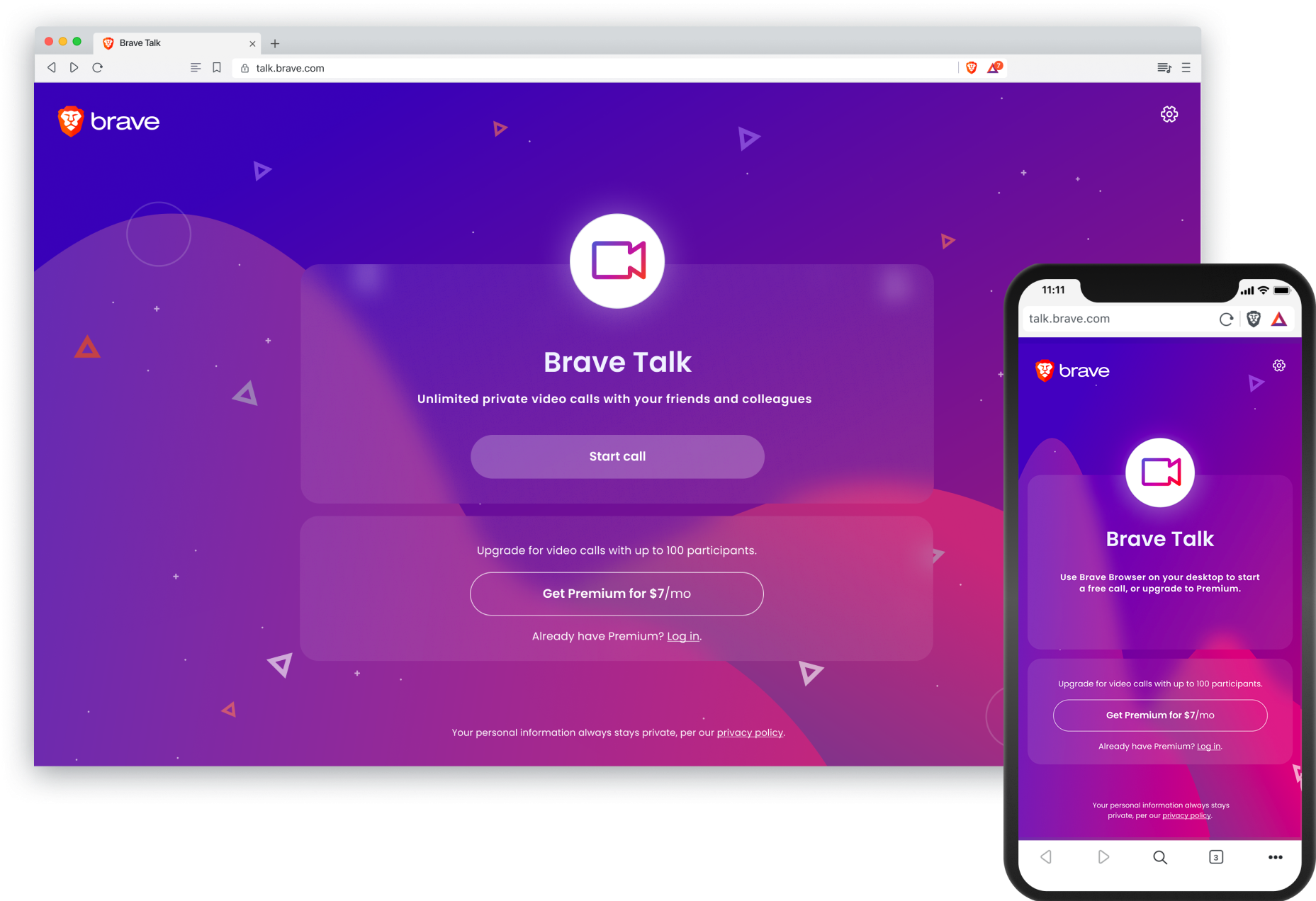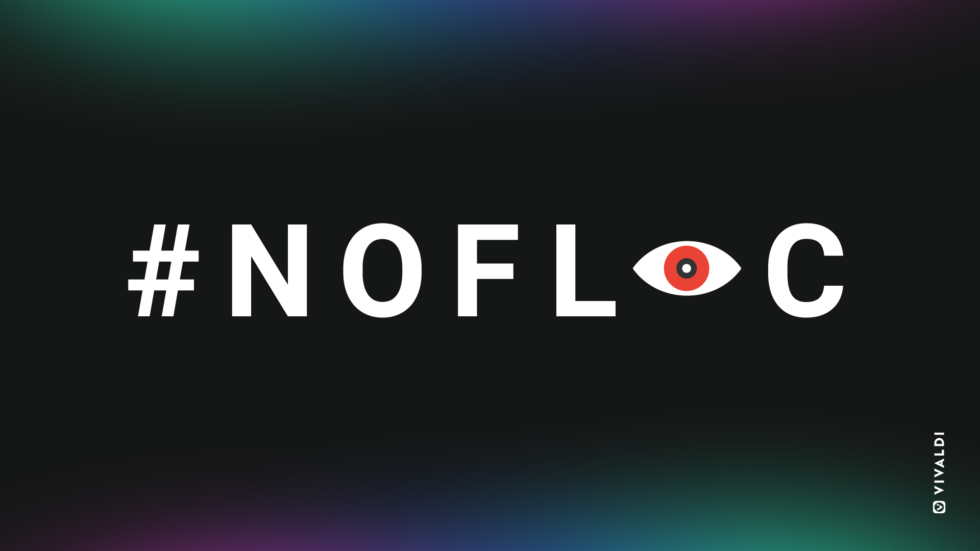latest

Brave Browser starts protecting against sites snooping on your system
Brave puts an end to unauthorized website scanning of local ports
Malicious websites use all manner of tricks to worm their way into our systems, but in order for them to be most effective at their nastiness, they need to know what they're facing. That often means scanning our phones and computers, looking for open network ports and identifying the programs running on them. The data that generates can effectively "fingerprint" your device, letting the malicious site identify and track you — even if you use a browser with safeguards like an ad-blocker. So far, your best protection has been to install a third-party browser extension that blocks local port scanning, but now the Brave browser is tackling this problem head-on, by preventing websites from scanning open ports on your device in the first place.

Brave and DuckDuckGo are blocking Google AMP, putting another nail in its coffin
Google rebuts Brave and DuckDuckGo's claims that AMP is bad for users
Read update
When Google first unveiled its open source AMP project back in 2015, it had good intentions. It wanted to use these Accelerated Mobile Pages (AMP) to speed up the transition to the mobile web, making it easy for sites to build fast and mobile-optimized pages without too much of a headache. Unfortunately, Google also favored sites that use AMP over those that don’t for its top stories carousel, essentially forcing almost all publications to build an AMP version of their sites. While Google has since walked back on this decision, AMP still exists. That’s why privacy-focused browser Brave and private search engine DuckDuckGo have decided to take matters into their own hands and block AMP on their platforms.

Brave Browser lives up to its name, picks one more fight with Google
They're going to try to make a video chat platform
The privacy-focused browser Brave has just unveiled its new video conferencing platform Brave Talk after a year-long beta phase, built on top of the open-source video meeting platform Jitsi. Like its other products such as Brave Search and News, it's meant to be as private as possible and can only be fully used through the Brave Browser.

The majority of us turn to Google Search to discover all kinds of web content, but that might not be the best choice if you care about privacy. In order to improve its results and make more relevant recommendations, Google tracks your activity across the web. If you're looking for a privacy-focussed alternative, we have good news — Brave Search is here to offer another option.

Nobody wants anything to do with Google's new tracking mechanism FLoC
Almost all browsers and privacy advocates slam the third-party cookie replacement
Read update
Google is about to shake up the status quo on tracking with its newly proposed browser-based Federated Learning of Cohorts (FLoC) tracking mechanism, which it introduced as a replacement for the outgoing third-party cookies the advertisement industry still heavily relies on. But many privacy advocates like the EFF (Electronic Frontier Foundation) and search engine DuckDuckGo think FLoC could turn out to be even worse and more invasive than third-party cookies, and most browser makers were fast to join in on that stance. Almost all of them have vowed or at least hinted that they won't support FLoC in their products, including those based on Google's open-source Chromium rendering engine also used in Chrome.

The Brave Browser people bought a search engine
Brave Search will focus on privacy and openness, with a paid ad-free option
Brave, the desktop and mobile browser based on Chromium code, is gaining a lot of steam. Its stated mission of protecting privacy and blocking malicious advertising resonates with a lot of users, particularly those who are growing weary of Google's track record on both. Brave's latest move is an acquisition of Tailcat, a small open source search engine out of Europe.

Brave is the first browser to support the decentralized HTTPS alternative IPFS
No central servers needed to view websites
Brave may be controversial due to its founder's past and its Brave Rewards cryptocurrency, but the browser does have some neat tricks up its sleeve. As of version 1.19.x, we can add one more feature to Brave's list of capabilities: It now supports the decentralized HTTP(S) alternative IPFS (InterPlanetary File System) that launched in 2015.

Kiwi Browser shows signs of life, teases team-up with fellow Chromium browser in future
Kiwi's first release in almost a year is still based on Chrome 77
Chrome might be most people's choice for browsing the web, but that doesn't mean it's the only option out there. Kiwi Browser is based on the same underlying code that powers Chrome, but it has its own unique features, including being one of the few mobile browsers to support desktop extensions on Android. The project hasn't seen many public-facing changes in the last year, but now a new release is coming down the pike.

Brave may not have the best reputation following referral code injections and its founder's history as the disgraced Mozilla CEO, but it does have a unique approach to ad-blocking without completely cutting off websites from monetization, which you might enjoy. Since the software is based on Chromium, it follows comparable development cycles and comes in similar flavors as Chrome does: Stable, Beta, Dev, and Nightly. Brave Stable and Beta have been available on the Play Store for a long time already, and now the Nightly variant joins them.

Brave Browser caught adding its own referral codes to some cryptocurrency trading sites
No, Brave is not a privacy browser
Brave Browser is undeniably a commercial product first, and a privacy-centric web browser second. While the browser does have quite a few improvements to privacy compared to stock Chrome, it's designed to promote the use of a cryptocurrency (BAT) that Brave itself owns, and it has a referral program that pays browser users by how many people they can get to download Brave. Now the browser has been caught injecting its own affiliate codes into web addresses for popular cryptocurrency trading websites.

Dark mode is a big UI trend of late, with countless apps and even entire operating systems embracing the look. Privacy-focused browser Brave is the latest notable name to get in on the action in its new update, version 1.4.

Link Bubble, originally released in 2014, is a web browser that displays pages in floating windows. Tabs were replaced by free-floating 'bubbles', which would expand and collapse the page content with a tap. Think Facebook Messenger, but with web browsing.

Earlier this morning, something strange happened. A handful of paid Disney games – including Where's My Water?, Temple Run: Brave, and Wreck-it Ralph, among others – suddenly showed up as free in the Play Store. Naturally, stories started popping up in the Android world that a bunch of fairly popular games were suddenly available without charge for no apparent reason. Perhaps Disney decided that it was time to give some titles away – but that didn't make much sense, as the "lite" versions of most titles were still present alongside their formerly-paid counterparts.

In recent months, we've hardly seen a game more hyped than Imangi's Temple Run. Couple that with the inherent excitement any time Pixar decides to release something, and it's hard not to get a little excited. Temple Run: Brave, despite it's entirely unimaginative name, places Princess Meridia as the centerpiece of this running game that seems to involve little-to-no temples.









